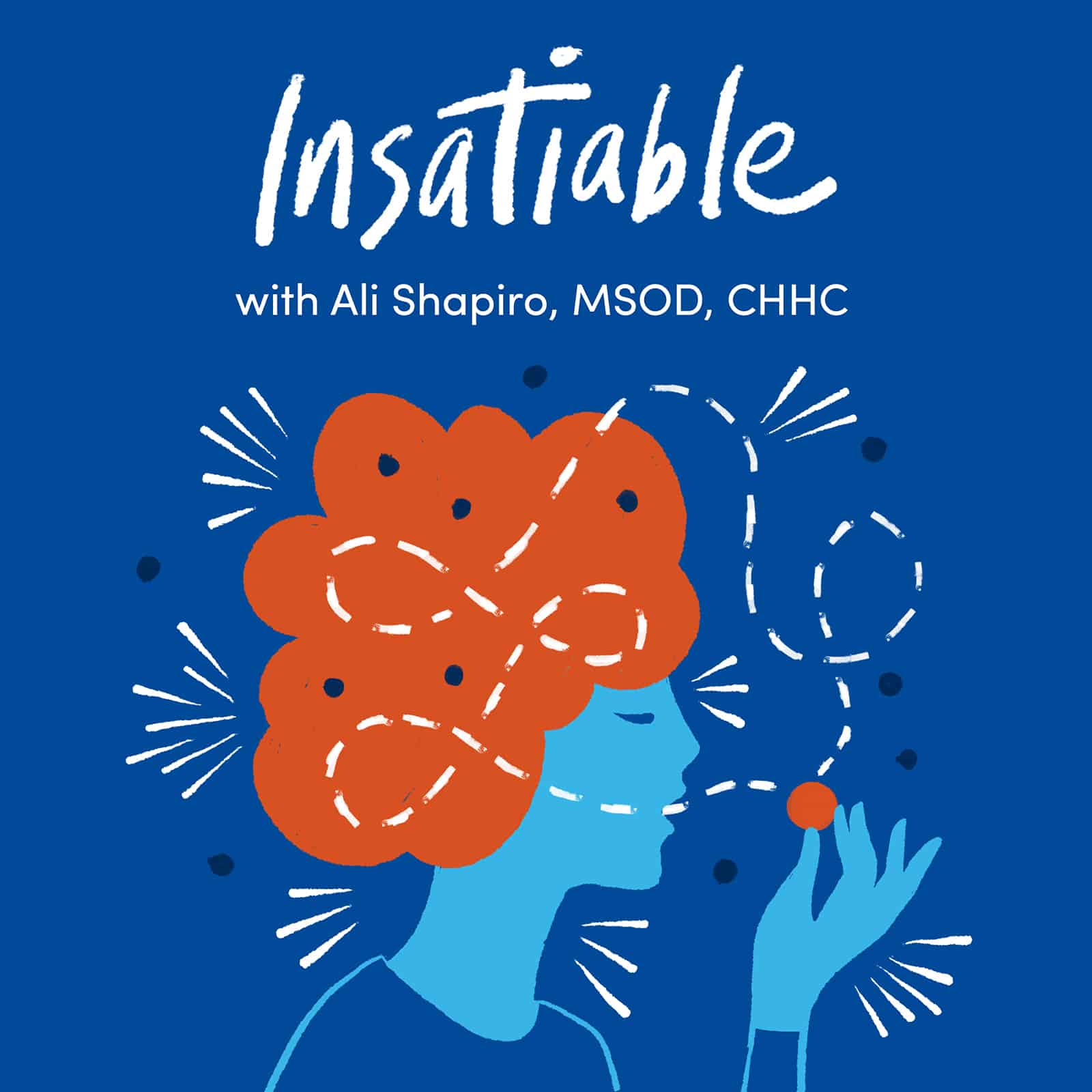When I battled my weight as a teenager, I came up with various goal weights. I’m not sure how I decided on them, other than I thought they were “good” weights. I’d reach these goals and think, I need to lose 10 more pounds. There never seemed to be enough weight loss.
As I got into my mid-20s and the effects of the restrict-over eat/binge cycle compounded, weight loss became harder. While recent research shows our metabolism doesn’t actually slow between the ages of 20-60, stress does bring real physiological changes. This can bring our food, health and weight goals to a screeching halt.
Stress often gets a bad rap. However, enough stress is health-promoting and invigorating. For example, challenging work-outs are great…if you give yourself ample recovery time, the right foods for your body, and sleep.
This past week, I did my first box jump. It was exhilarating to feel the risk of falling flat on my face and then the physical power of pulling the exercise off. Especially because when I began my post-pregnancy weight loss journey with plantar fasciitis and insomnia, this move felt beyond me.
But I’ve spent the past seven months rebuilding my strength and recalibrating what I eat to work on my sleep. And now, increasing my exercise intensity isn’t too much stress on my body, which it was seven months ago.
There’s also too much emotional stress from more “have tos” and “shoulds” than “get to” and self-chosen challenges. This can make it feel like our metabolism is slowing down. Yet it’s often the physical reaction to this emotional stress that leads to health issues and fat storage.
In this week’s Insatiable podcast episode, guest Kimberly Ann Johnson and I discuss the role stress chemicals play in our food choices and cravings.
I’ve found when we don’t have a clear idea of what is enough – whether it’s food, exercise or life parameters – we lose our center and fall into overwhelm. And for many of us, this leads to being out of control with food.
✍🏼 Note: I’m offering a free 2-part workshop in early December on the root causes and connections between overwhelm, out of control eating and wanting to want to be healthy but not doing what you know you should.
Eating and being healthy, at least in the U.S.A, takes effort. I’m not talking about the discipline we think we need to restrict more. I’m talking about the devotion it takes to live a life that is true to what matters to us.
For example, when I finally decided to address my post-pregnancy health and weight, I cut back on work to make time for working out because #childcare. It’s a privilege to have this choice. And, it was still a challenge as a small business owner in a pandemic economy.
Yet when I’m clear on what currently matters to me, it’s resolving my health issues to have the emotional resilience to parent Eça (who turns two tomorrow 😵🥳) in alignment with my values. We may all have the same 24 hours as Beyonce, yet we don’t have her staff!
It’s still TBD if my finances will be affected. It’s doesn’t appear so but in business, nothing is predictable. And I know I have enough to cover my contribution to our household needs.
Which is why when Kimberly told me she defines satiation as answering the question “What is enough?”, I felt like she was in my head these past two years. This question is in the zeitgeist.
Kimberly and I dove into this concept of “enoughness”, particularly from a nervous system perspective
In this episode, we discuss:
- Why satiation matters to our nervous system
- What safety feels like in your social nervous system, including thinking about who we eat with changes our experience of a meal
- Ideas of how to soothe your nervous system when you want to reach for food or social media (and how our addiction to intensity plays into these choices)
- How being told to “calm down” when stressed can backfire and cause us to turn to sugar, overeat or binge
- How good bodies depend on where you live and the body as an emergent process instead of something to judge
I hope this episode prompts you to ask What is Enough? wherever you feel overwhelmed.
Be Well,








Leave a Reply